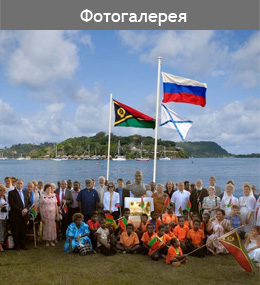Europe: Early Modern and Modern
V.Tishkov Chechnya: Life in a War-Torn Society. Foreword by Mikhail S. Gorbachev. (California Series in Public Anthropology, number 6.) Berkeley and Los Angeles: University of California Press. 2004. Pp. xviii, 284.
The most dangerous conflicts in the world today are arguably those in which there are not two clearly delineated sides, where authority has been replaced by chaos, and spoilers are prepared to disrupt any resolution that more moderate actors propose. Chechnya, the breakaway region in the south of the Russian Federation, is a model of such a conflict. In this fascinating translation of a larger work in Russian, Valery Tishkov gives us both the precision and detail of local voices and his own broader analysis. The former are extraordinarily valuable, as well as moving and often depressing; the latter presents a clear advocacy for a certain reading of the events that will prove controversial, particularly outside of Russia.
Tishkov's book is a challenge to what he considers distorted accounts of the Chechen resistance by Western writers and Russian chauvinists. By reconstructing from locals the evolution of their political and emotional attitudes toward the Russian authorities, the author—formerly a government minister—seeks to intervene in the conflict in order to encourage ordinary Chechens and their leaders to oppose separatism and their own fanatics, whether radical nationalists or fundamentalist Islamists. Chechens, he insists, were not (and are not now) essentially anti-Russian, despite their history of struggle against tsarist conquest and Stalinist collectivization, not to mention Joseph Stalin's genocidal removal of Chechens from the Caucasus to Central Asia during World War II. Rather, they lived peacefully with Russians for many decades in late Soviet times and only turned against Russia after the ill-considered "invasion" of Chechnya ordered by Boris Yeltsin in 1994.



